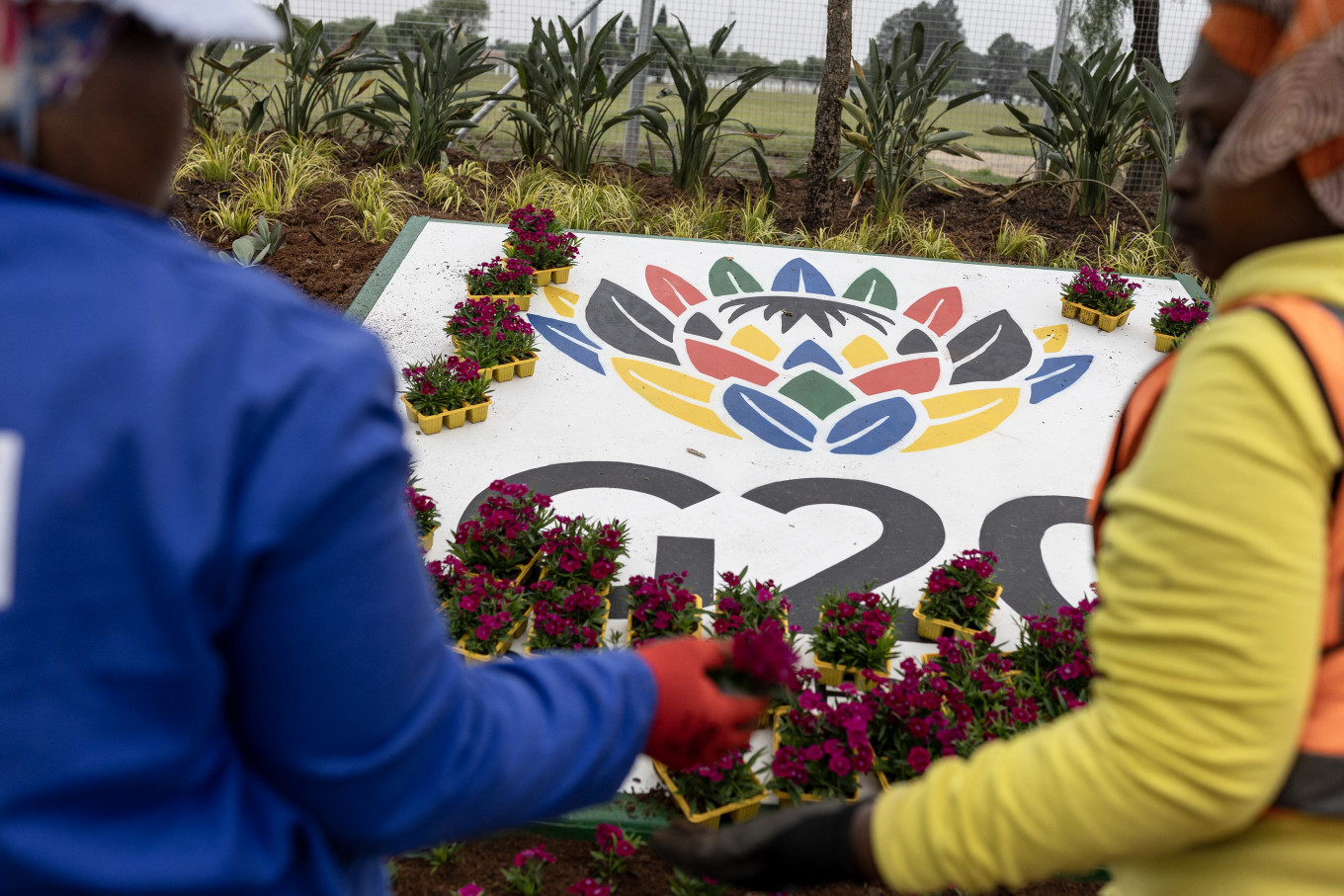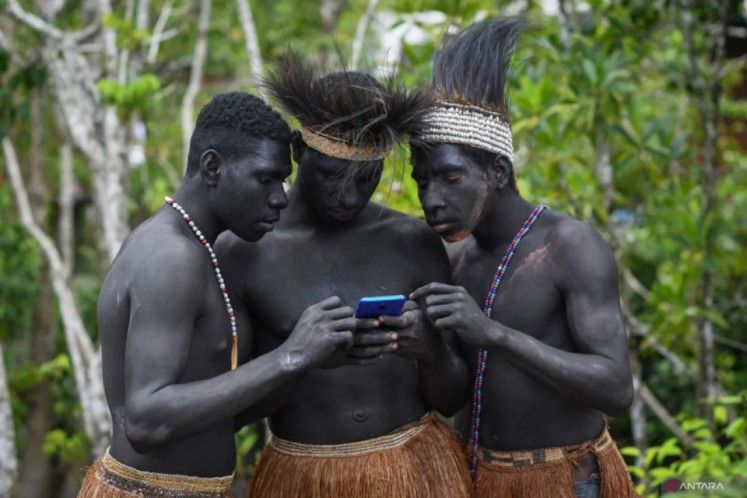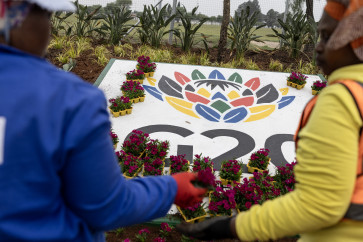Popular Reads
Top Results
Can't find what you're looking for?
View all search resultsPopular Reads
Top Results
Can't find what you're looking for?
View all search resultsA 70-year spirit of growth: From Bandung to Johannesburg
Ahead of the G20 presidency's impending handover to the United States, followed by other Global North economies over the next three years, the Johannesburg summit marks a turning point in sustaining the multilateral order.
Change text size
Gift Premium Articles
to Anyone

As the Group of 20 Johannesburg Summit approaches this weekend, the occasion prompts deep reflection on the legacy of the 1955 Bandung Conference. That seminal gathering of newly independent Asian and African nations laid the moral and political foundation for solidarity, nonalignment and international cooperation.
Seventy years later, the Bandung spirit is more than a historical echo: It is an urgent call to action for ASEAN and the Global South to collectively pursue national resilience and economic transformation.
The Johannesburg summit marks the 20th G20 Leaders’ Dialogue and the first time this event is held on African soil. South Africa’s G20 presidency concludes a significant leadership cycle by emerging major economies, which began with Indonesia in 2022 and was followed by India and Brazil in subsequent years. United in purpose, this cohort of countries shared a vision of elevating sustainable development and inclusive growth within the premier economic forum, ensuring that no nation is left behind.
However, the global backdrop is sobering. As the interplay between geopolitics and geo-economics becomes increasingly complex, relationships between global powers are fraying. Nations face mounting challenges in the form of strategic competition and declining trust in global institutions.
The World Trade Organization’s dispute resolution mechanism remains paralyzed; multilateral development banks struggle to adapt to the financing needs of developing countries; and the United Nations Security Council continues to fall short in responding effectively to global conflicts. These governance failures exact a heavy human toll and stall progress on inclusive growth, reinforcing fragmentation and multipolarity, which in turn impacts regional dynamics and ASEAN centrality.
Indonesia, now an ascending upper middle-income country, recognizes the gravity of the stakes. Maintaining the legitimacy and relevance of the G20 as a "global pathfinder" is not a matter of prestige; it is critical for our transformation. From Asia to Africa, multilateralism is not a luxury reserved for the powerful; it is the backbone of a rules-based order that enables smaller nations to prosper on an equal footing, free from external coercion.
The G20 remains the only institution capable of responding to rapidly evolving developments with real-time agility. Recent export restrictions imposed by the world’s two largest economies demonstrate how quickly unilateral action can disrupt the global economy, particularly regarding the critical technologies upon which we all depend.



















